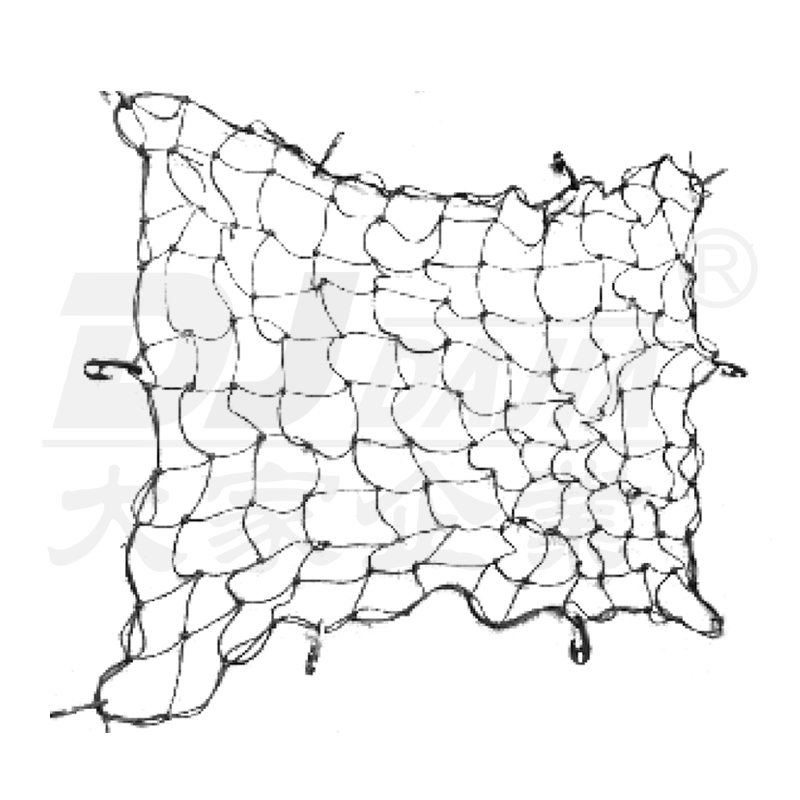Heavy duty elastic cargo nets are essential tools for securely transporting goods in trucks, trailers, or other vehicles. They are designed to efficiently secure cargo of varying shapes and sizes while minimizing the risk of movement or damage during transit. One common concern among users is whether these nets have any impact on fuel efficiency or vehicle performance.
Understanding the Functionality of Heavy Duty Elastic Cargo Nets
Heavy duty elastic cargo nets are typically made from durable materials such as nylon or rubber. They feature a grid or mesh pattern that provides multiple attachment points, ensuring a tight and secure hold over the cargo. These nets are highly elastic, allowing them to stretch and conform to the shape of the cargo, which helps maintain tension and stability during transport.
Impact on Aerodynamics and Drag
One of the primary concerns related to cargo nets and vehicle performance is aerodynamics. When cargo is not securely tied down, it can create wind resistance or drag, which negatively affects fuel efficiency. Heavy duty elastic cargo nets, when properly installed, help streamline the shape of the cargo by holding it securely. This reduces the potential for drag compared to loosely tied or uncovered cargo, potentially improving fuel efficiency.
Weight and Distribution
Cargo nets themselves are lightweight and do not significantly add to the overall weight of the vehicle. This is advantageous compared to using heavier securing methods such as metal bars or additional equipment. By evenly distributing the weight of the cargo and securing it close to the vehicle’s surface, cargo nets help maintain the vehicle's center of gravity. This contributes to stable handling and performance, which is crucial for both safety and fuel efficiency.

Vehicle Handling and Performance
Properly secured cargo using Heavy duty elastic cargo nets does not typically interfere with vehicle performance. These nets are designed to securely hold the cargo without obstructing the vehicle's operation, including acceleration, braking, or maneuvering. They are engineered to be unobtrusive and to work seamlessly with the vehicle’s dynamics.
Practical Considerations and Benefits
In practical terms, using heavy duty elastic cargo nets can actually enhance vehicle efficiency by ensuring that the load is securely fastened and stable. This reduces the likelihood of sudden shifts or movements that could impact driving conditions or require sudden corrections, which in turn can affect fuel consumption negatively.
Heavy duty elastic cargo nets are valuable assets for maintaining both safety and efficiency during transport. Their design and functionality help to streamline cargo, reduce aerodynamic drag, and evenly distribute weight—all factors that contribute positively to vehicle performance and fuel efficiency. When properly utilized, these nets not only secure cargo effectively but also support optimal driving conditions without compromising the vehicle’s operational capabilities. As such, they are a recommended choice for anyone looking to enhance both safety and efficiency in transporting goods.

 EN
EN  Español
Español get a free quote
get a free quote

















